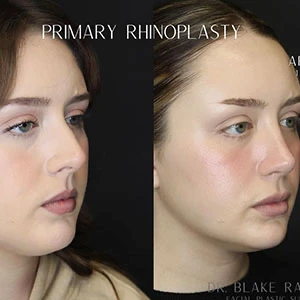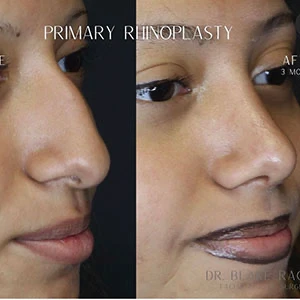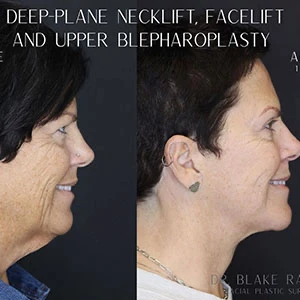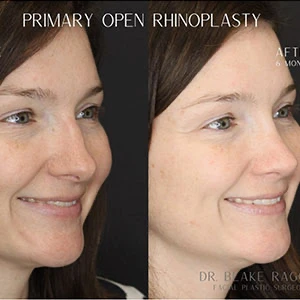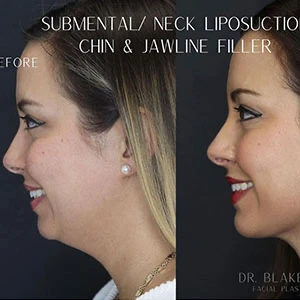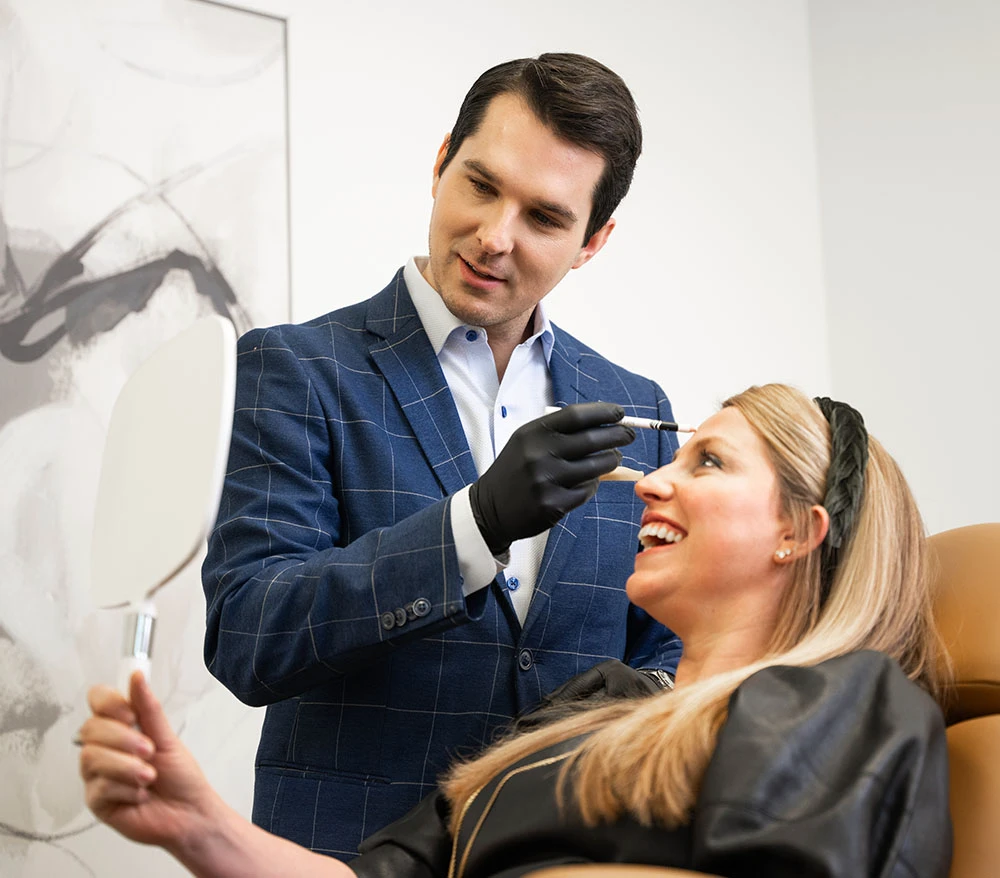
Published on March 2025
SKIN PROCEDURES AFTER ACCUTANE
What You Need to Know About Timing and Safety Raggio MD Facial Plastic Surgery —
Why This Matters
If you’ve recently completed a course of isotretinoin (Accutane) for acne, it’s important to understand how it may affect your skin’s healing process—especially if you’re considering laser resurfacing, deep chemical peels, or other ablative treatments.
What the Research Shows
Historically, patients were told to wait 6 to 12 months after stopping Accutane before having skin procedures, due to concerns about poor wound healing or scarring.
However, newer medical studies have shown that this long delay is not always necessary—especially with modern, less aggressive treatments. The timing now depends on the type of procedure and your individual skin health.
When Are Procedures Safe?
| Type of Procedure | Recommended Wait Time | Details |
|---|---|---|
| Nonablative lasers (e.g. IPL, Clear + Brilliant) | 1–3 months after stopping | Low risk, safe for most |
| Ablative fractional lasers (e.g. Fraxel Re:pair) | 3–6 months after stopping | Safe in low-risk patients |
| Fully ablative lasers (e.g. full-field CO₂) | 6–12 months after stopping | More aggressive = higher risk |
| Deep chemical peels / dermabrasion | 6–12 months after stopping | Delay recommended to minimize scarring |
Factors That May Affect Healing:
- High cumulative dose of Accutane (>120 mg/kg)
- Long-term isotretinoin use
- Darker skin tones (Fitzpatrick IV–VI)
- History of keloids or delayed healing
- Sensitive or compromised skin barrier
What We Recommend at Raggio MD:
We follow the latest medical guidelines and tailor your treatment plan to your unique skin type, health history, and goals. If you’ve recently taken Accutane, we’ll assess your readiness for resurfacing procedures during your consultation.
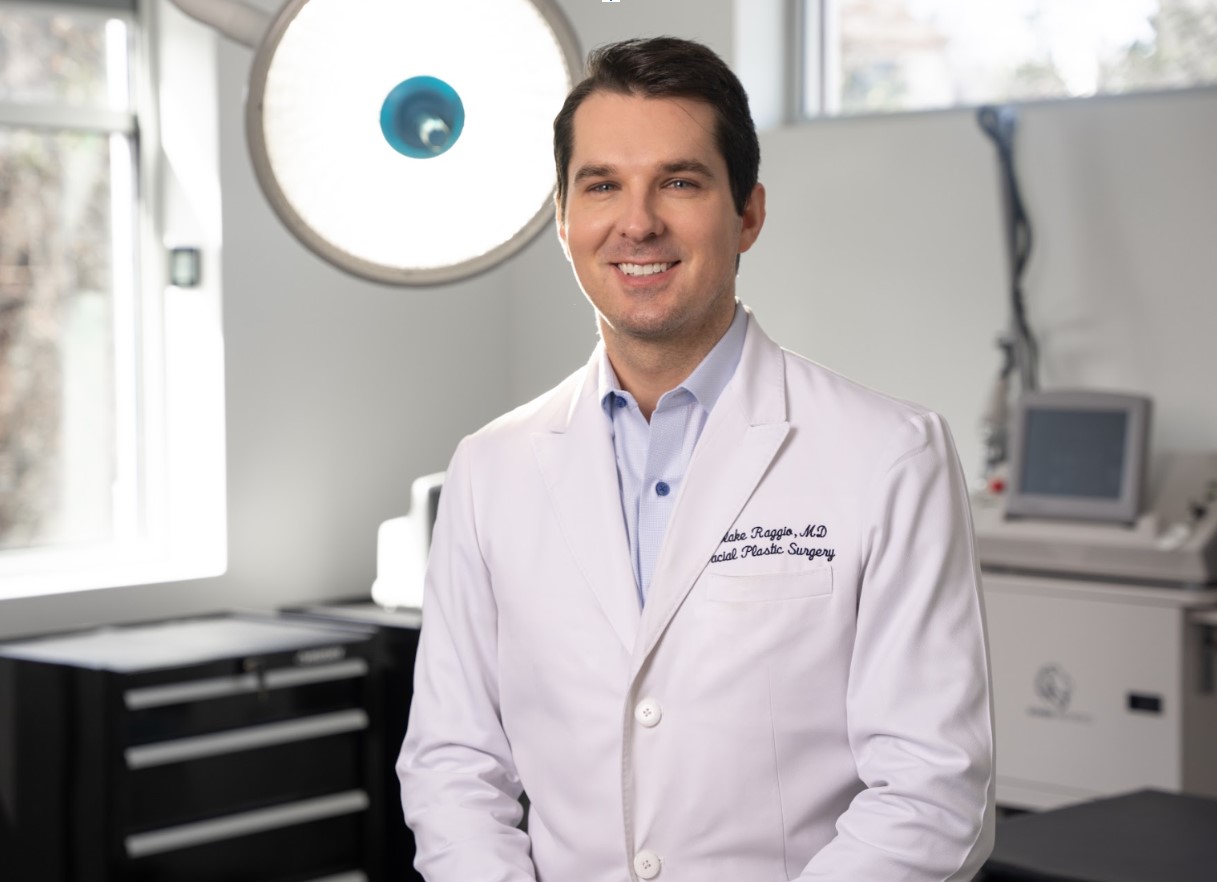
Questions? We’re Here for You.
Please contact our team if you have questions about the safety or timing of your procedure—we’re happy to walk you through every step of the process.
For more insights, follow us on Instagram and Facebook at @dr.blakeraggio. View our before and after gallery or contact us today. We look forward to welcoming you to Raggio MD Facial Plastic Surgery.
